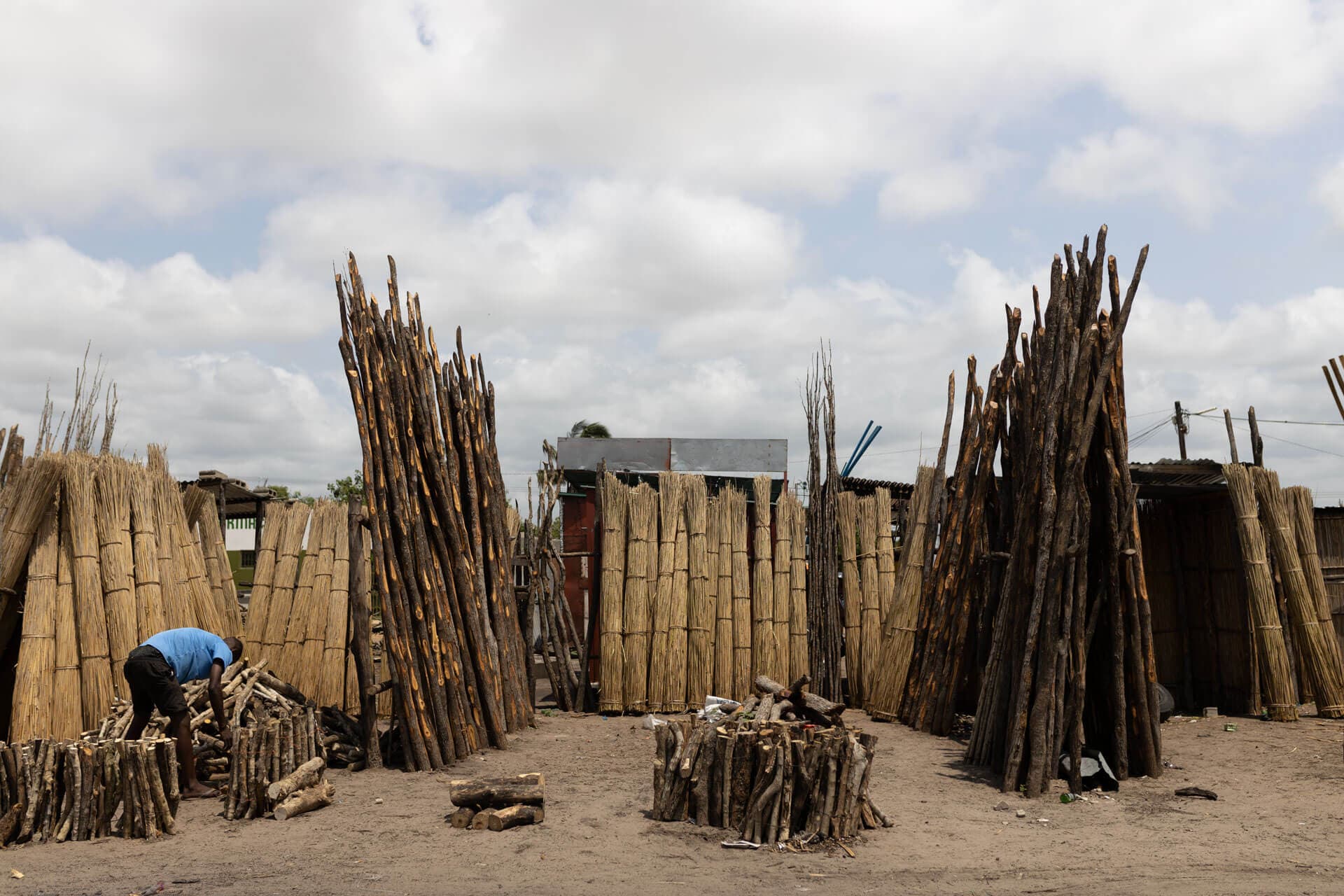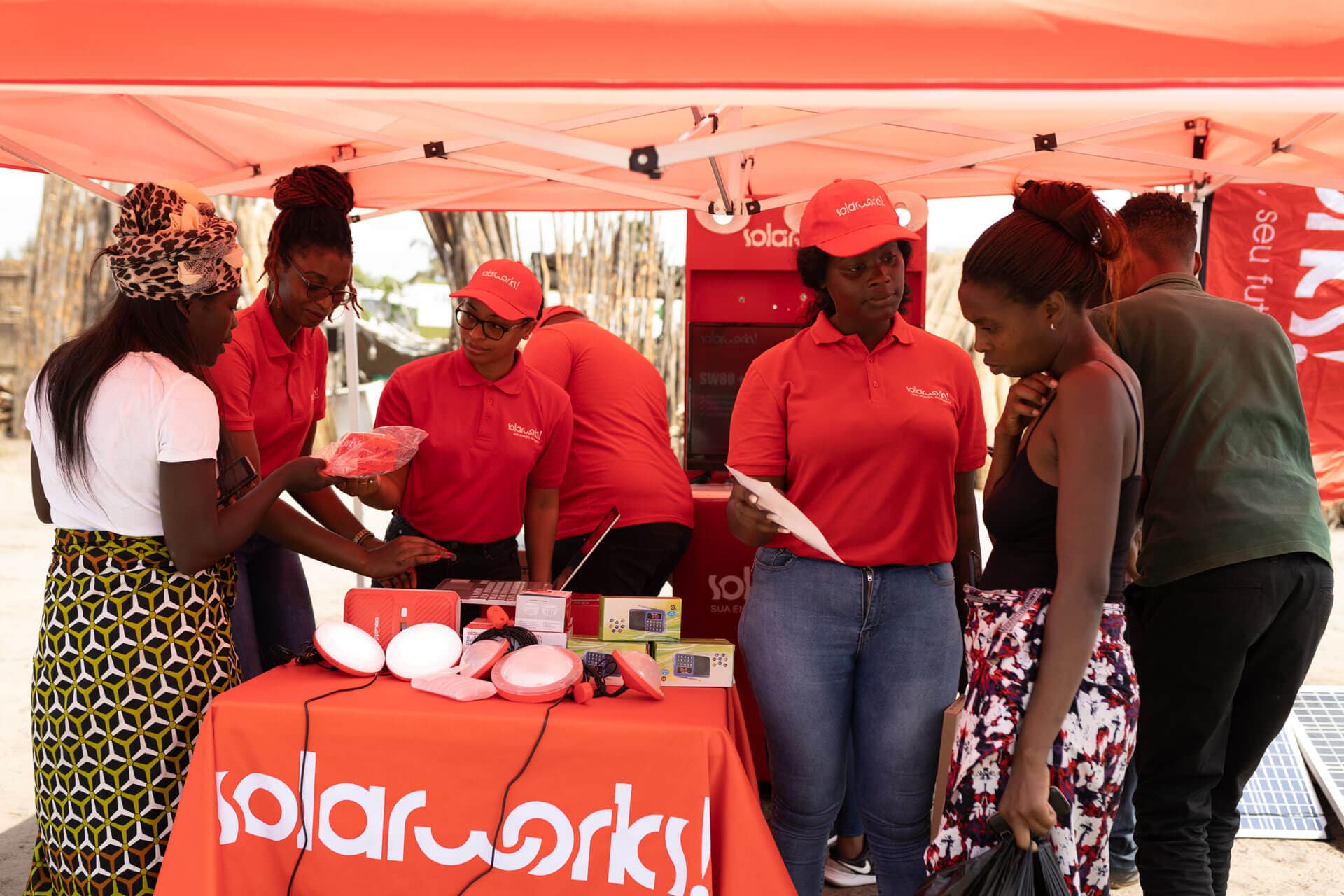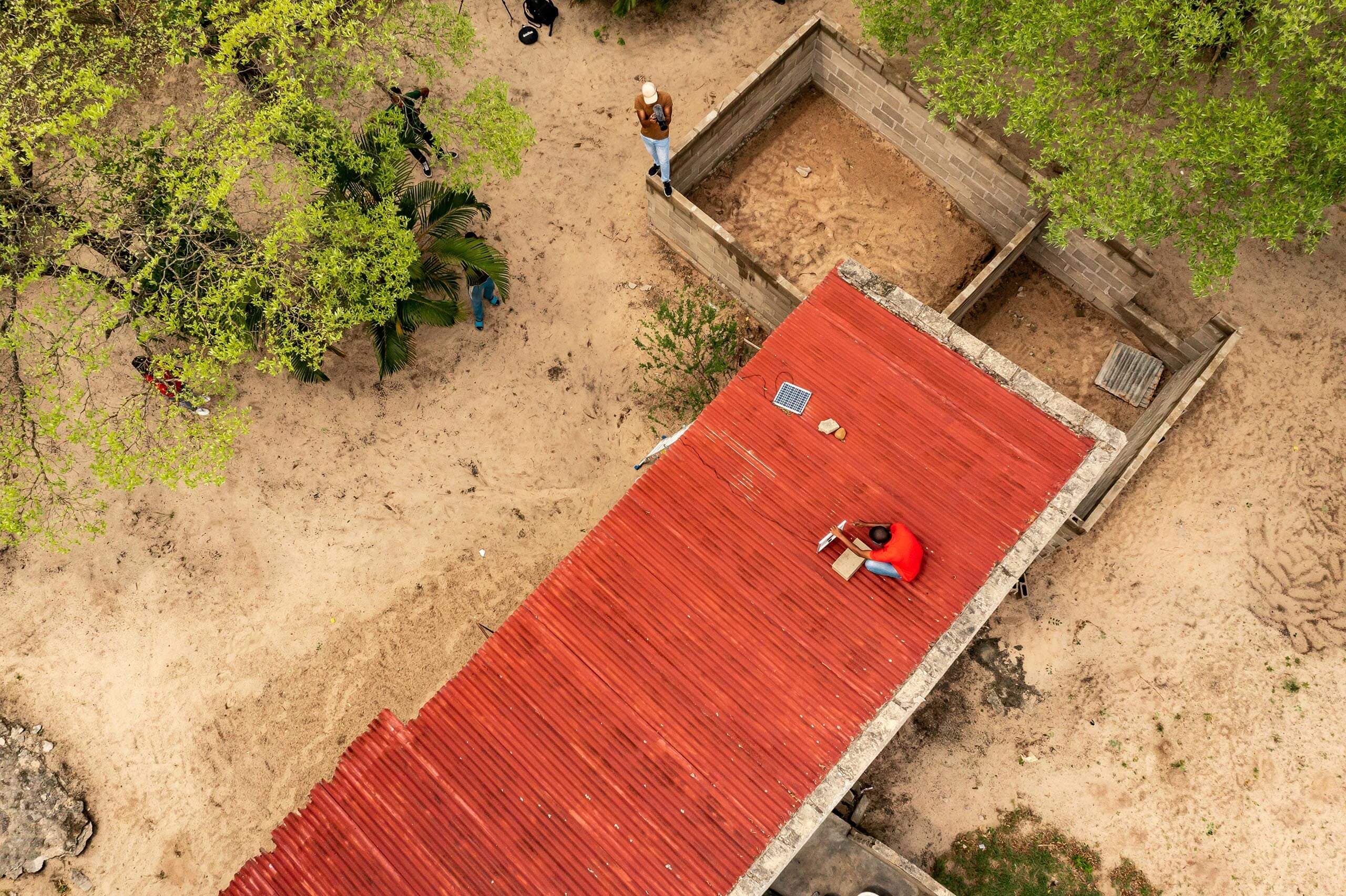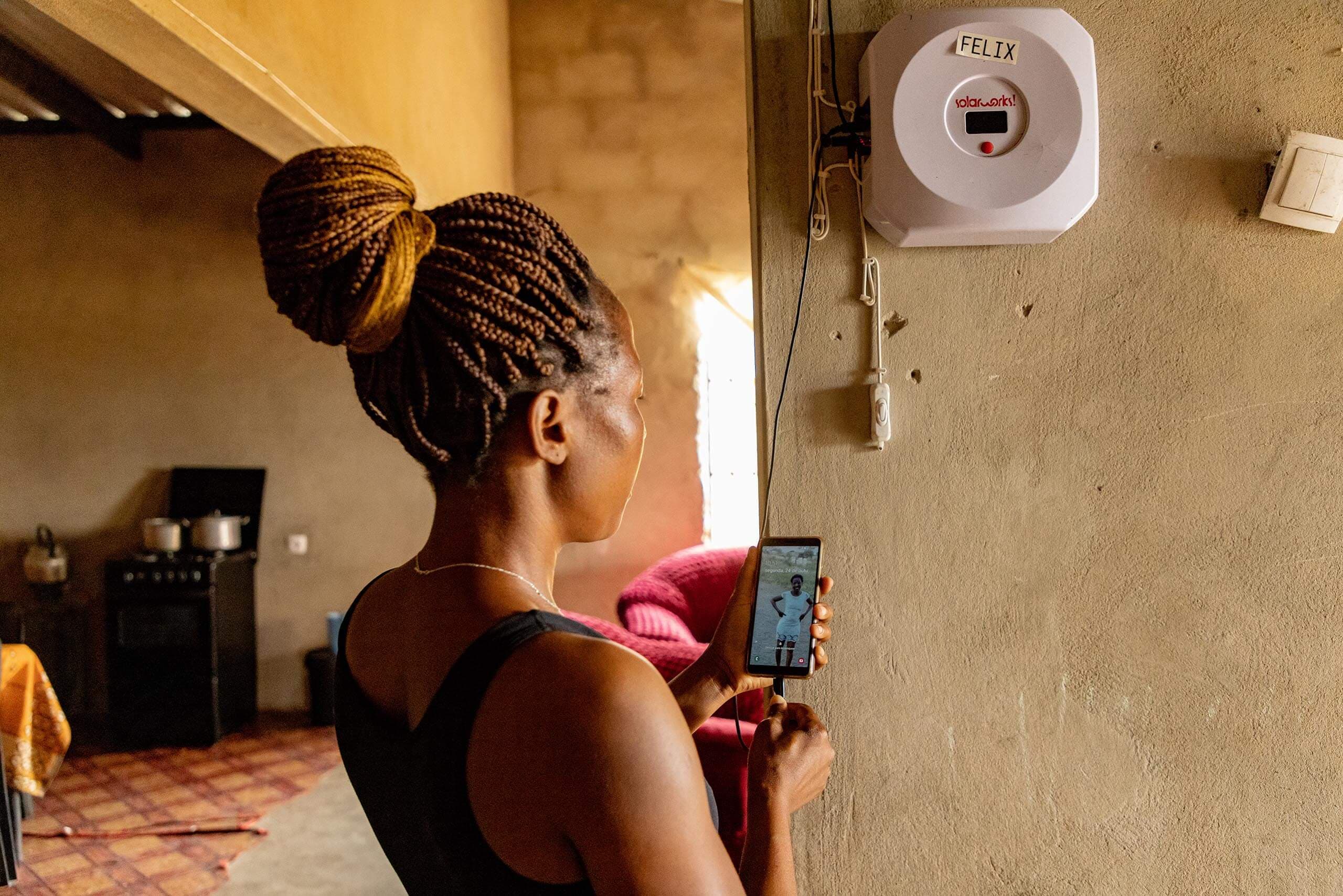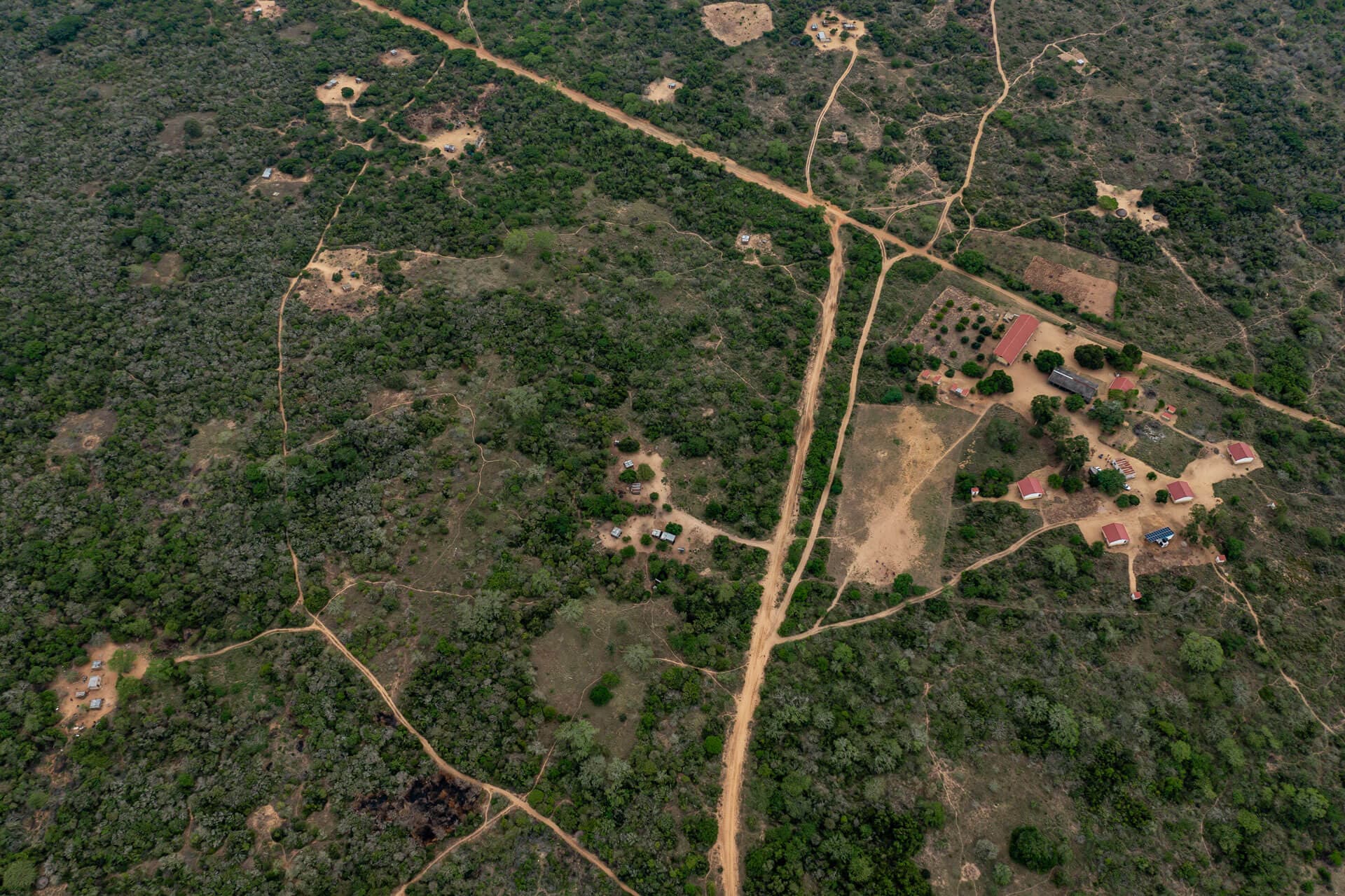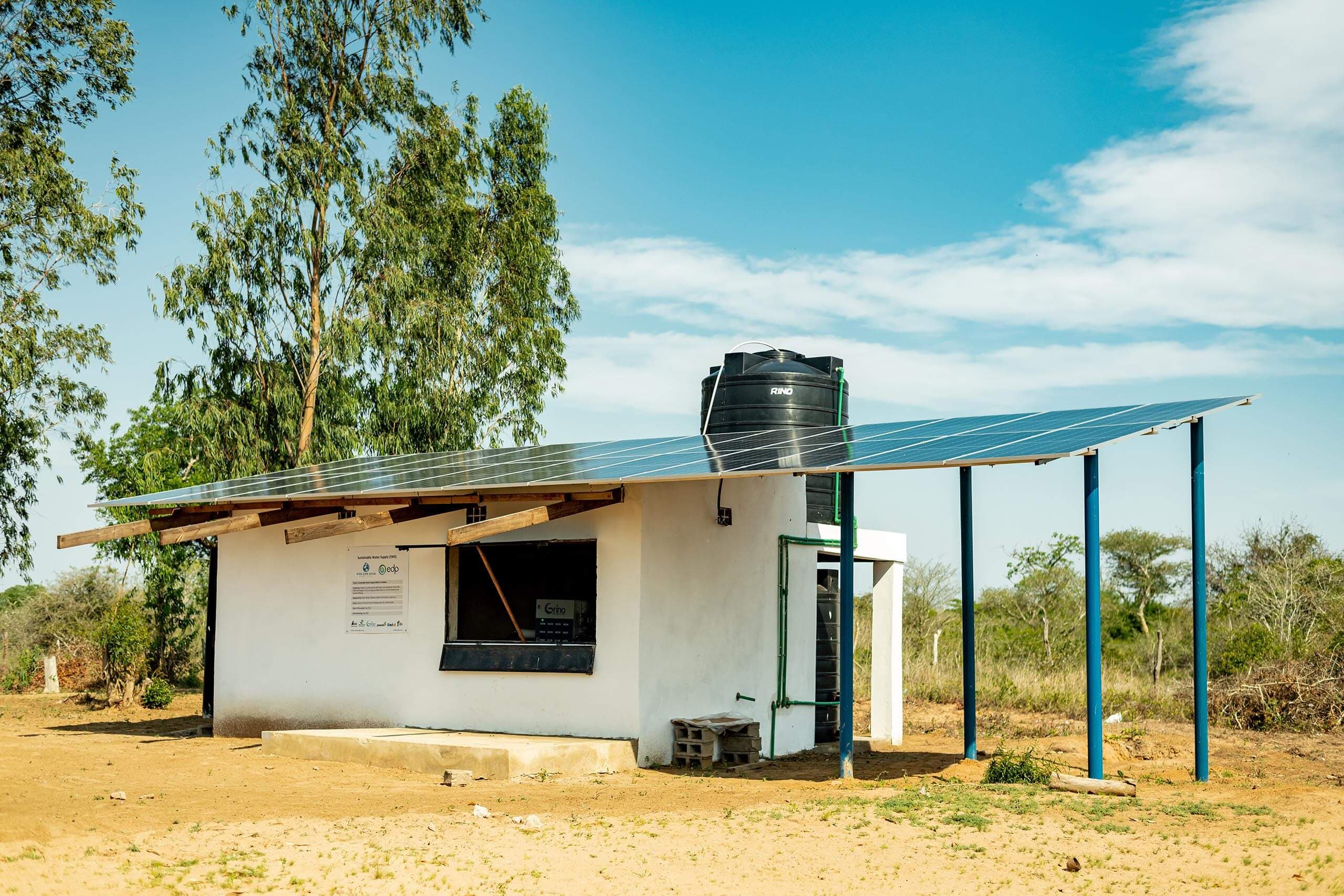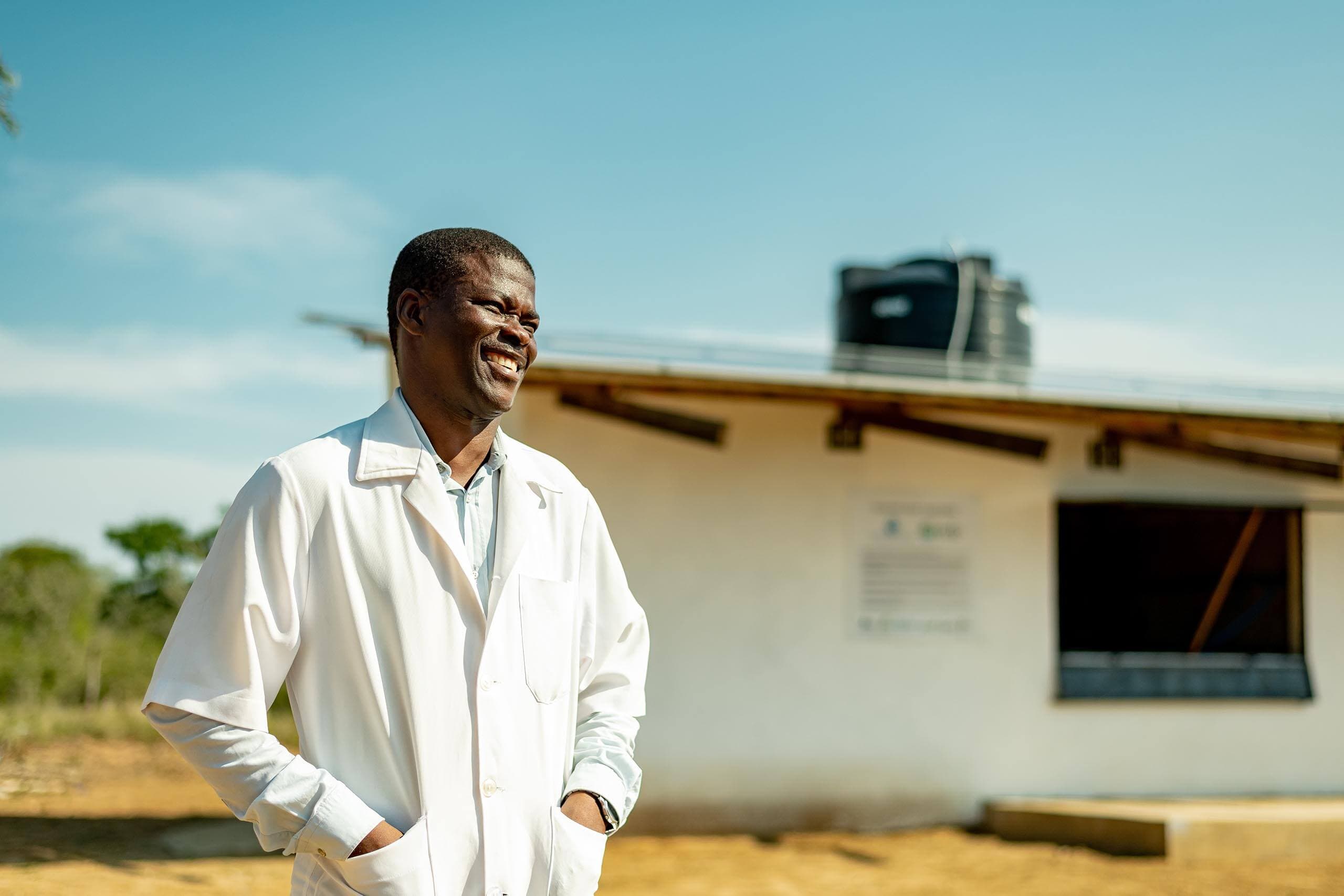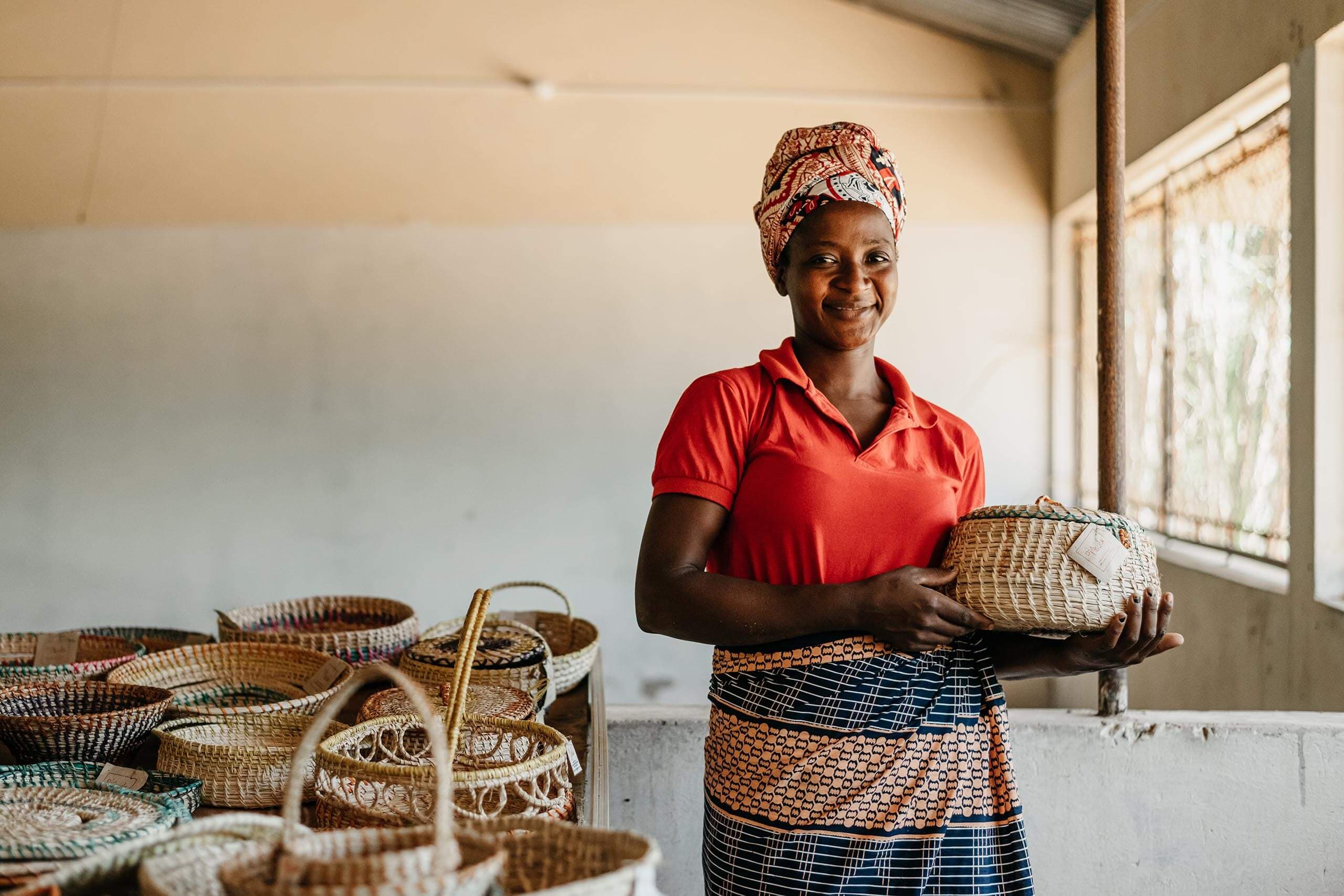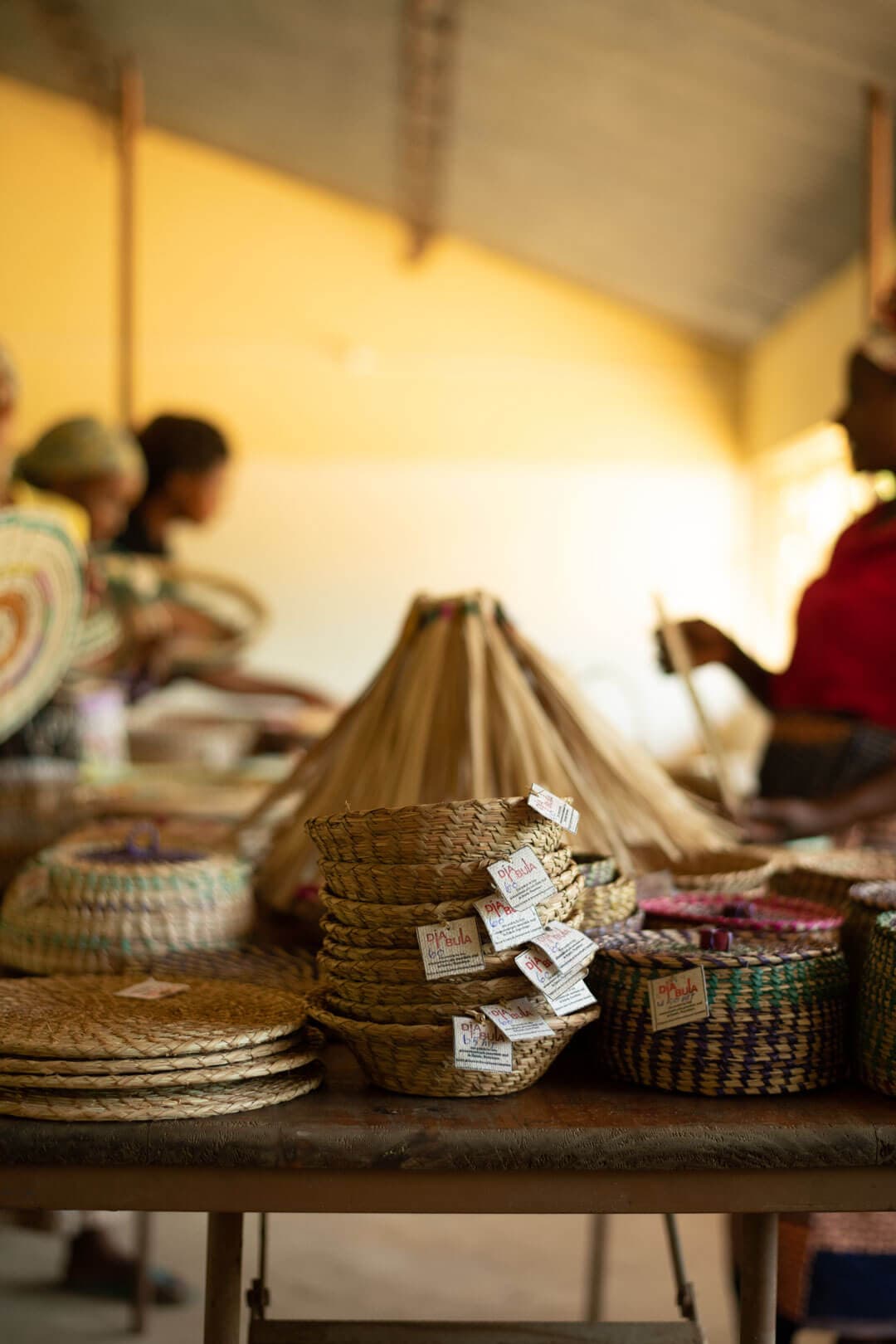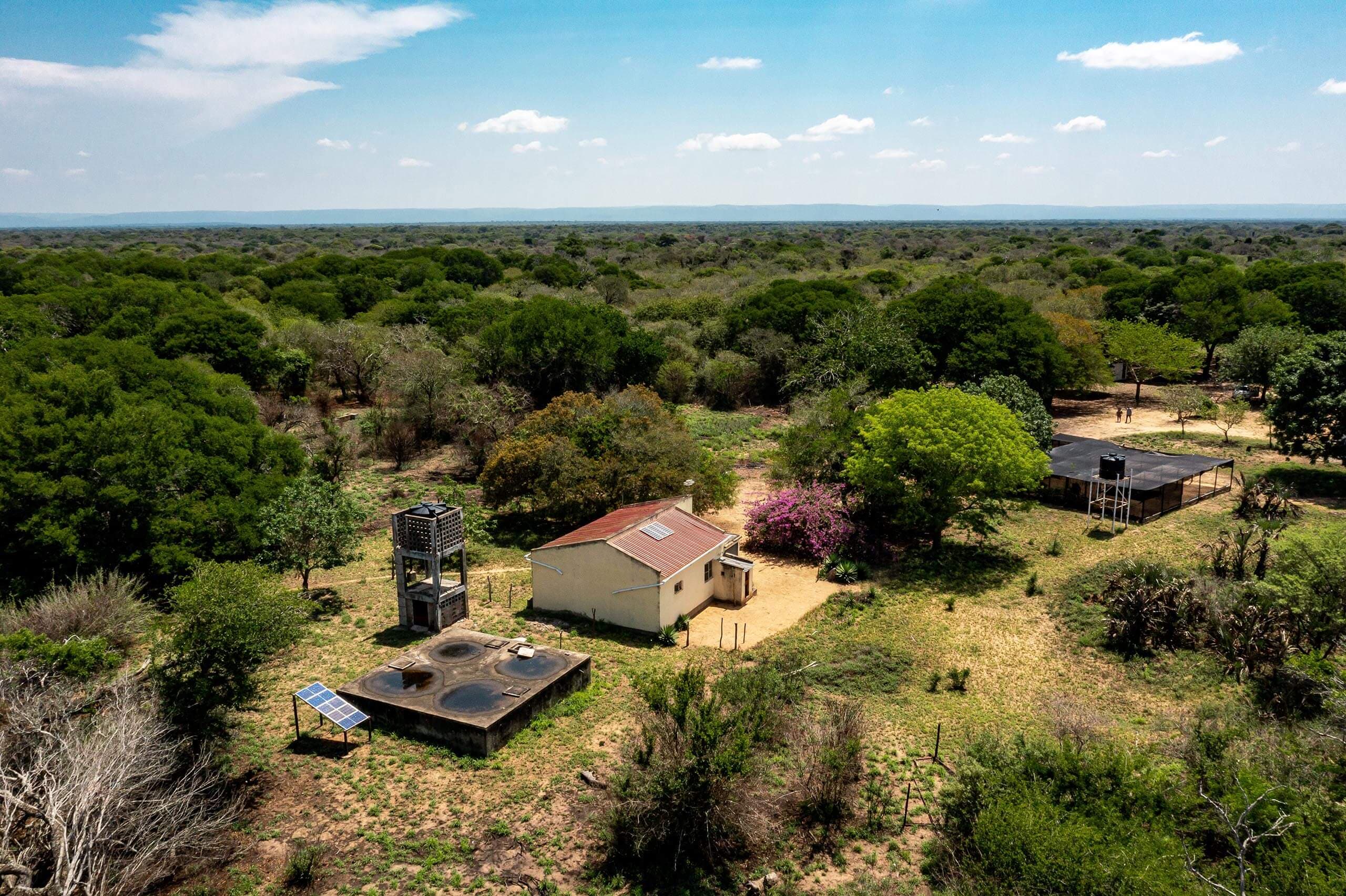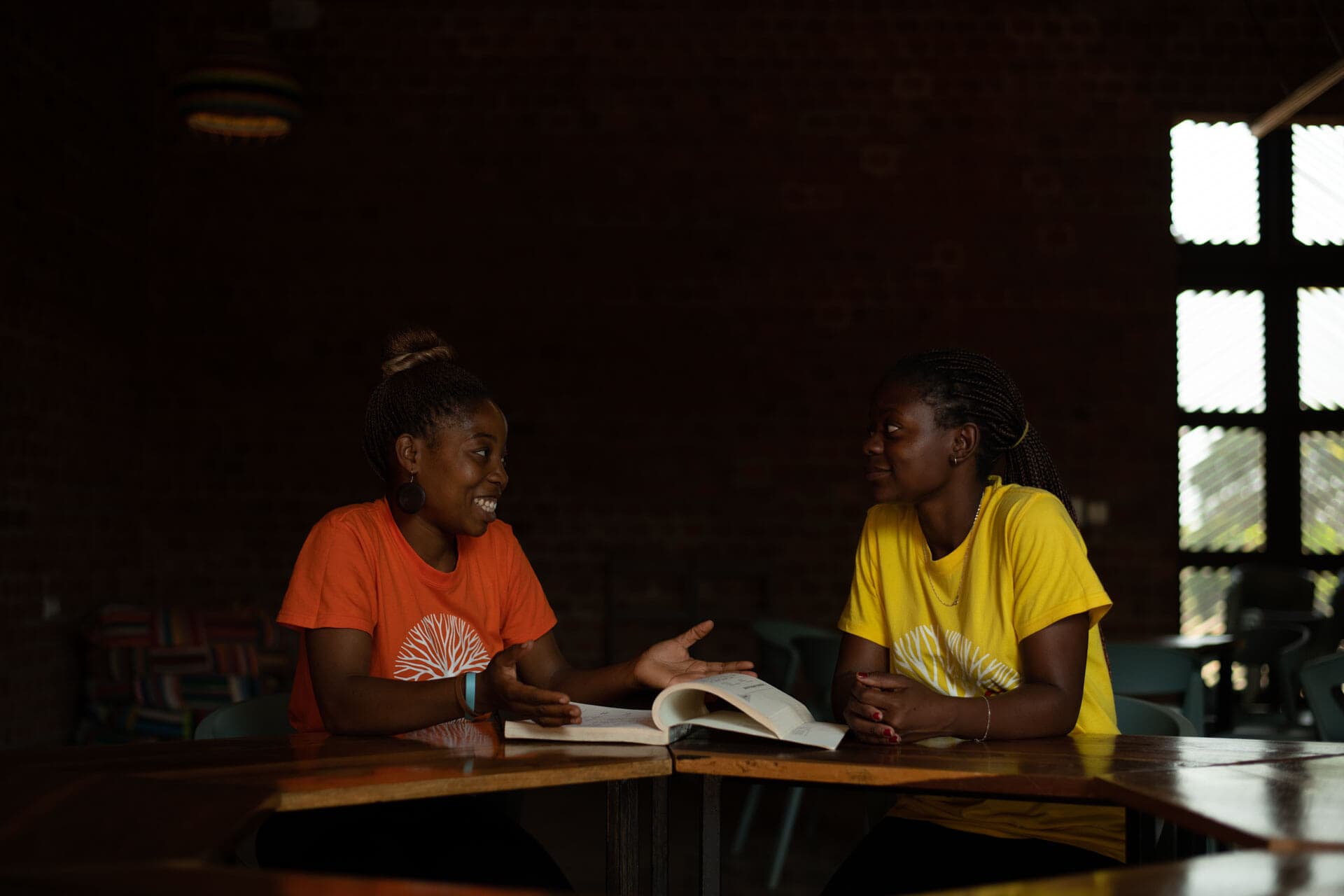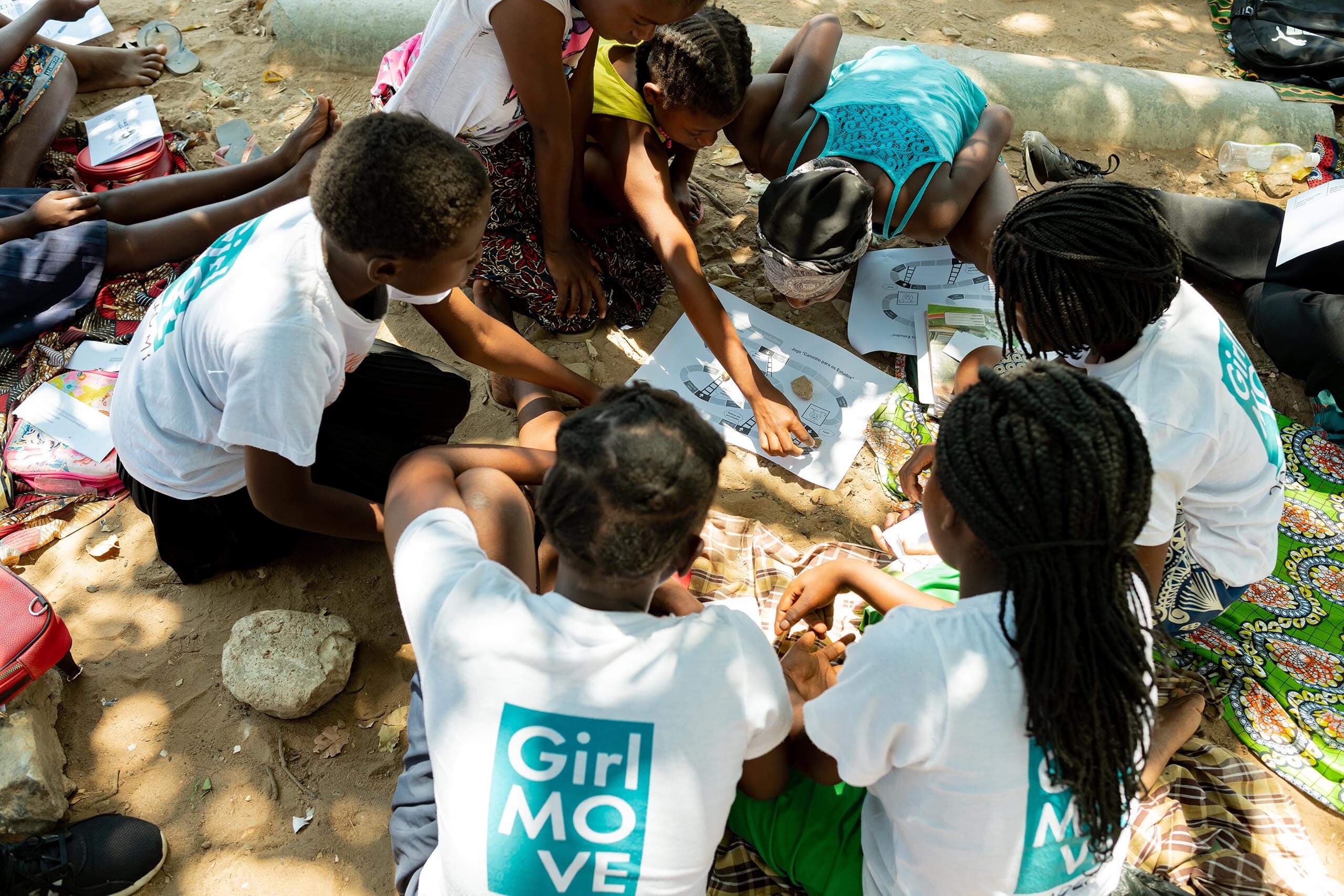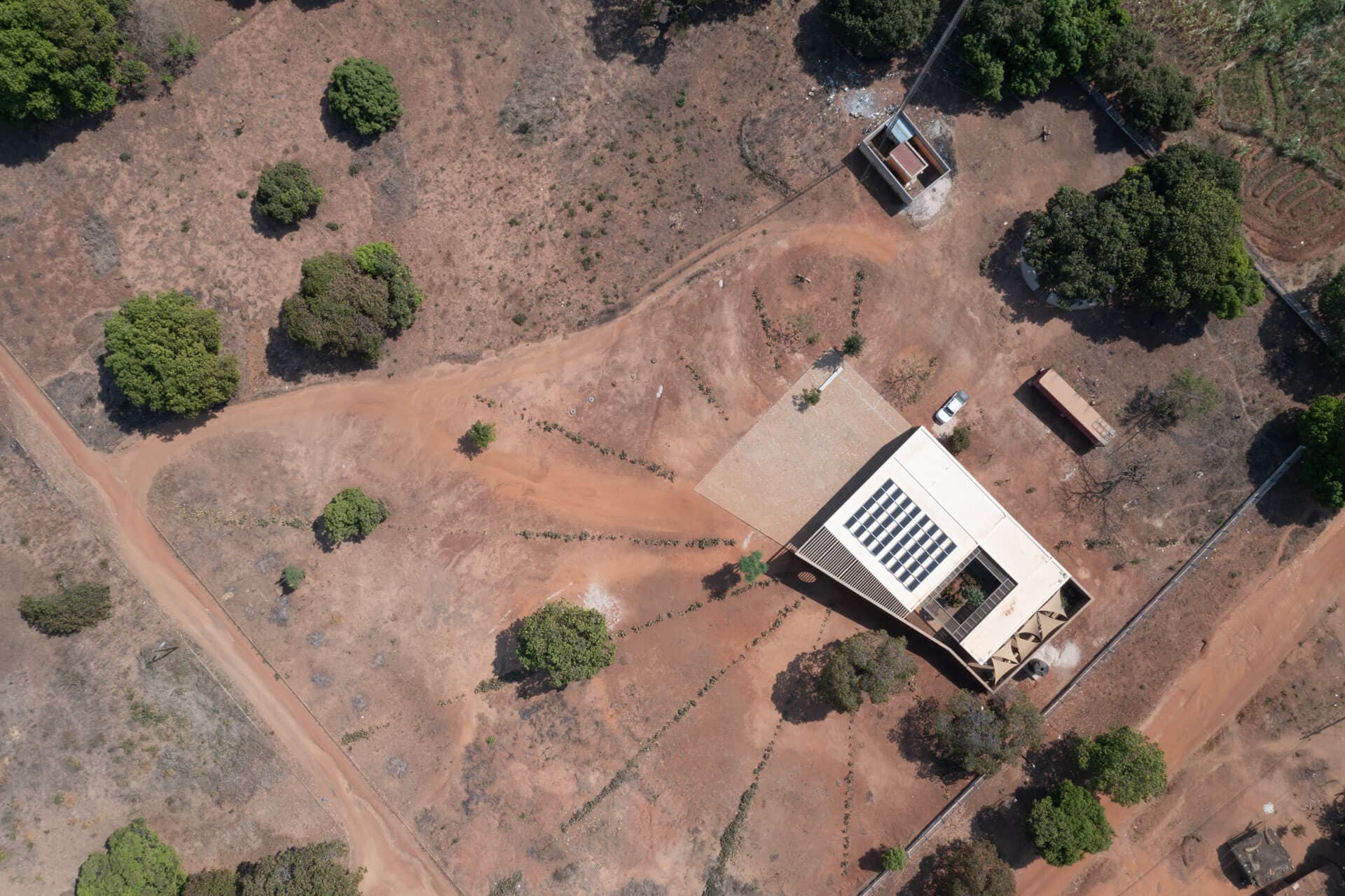Natural wealth contrasts sharply with human poverty in Mozambique. Blessed with rich ecosystems and abundant resources, the nation is also one of the poorest in the world, with an annual gross domestic product per capita of around €490 a year, barely a tenth of that of the UK. Among Mozambique's population of around 33mn, many are without access to electricity and clean water. But the country's abundant solar resources offer a path to electrification and, through that, new opportunities for social development.
The global energy company EDP is backing development projects in the country as part of a wider Access to Energy (A2E) push across emerging markets that has seen more than €2.56mn invested across 29 schemes in seven African countries, including seven in Mozambique, through its CSR Fund. Added to this, EDP also invested in companies (SolarWorks! and Rensource) that develop solar solutions adapted to these communities, and which have increased EDP's financial support in the A2E area to around €13mn in recent years.
Part of wider EDP plans to invest more than €300mn in social impact projects by 2030, this photo essay charts the impact these projects are having in Mozambique’s neediest communities.
SOLARWORKS!
The main sources of energy in rural Mozambique are wood and charcoal, yet these contribute to increasing deforestation and greenhouse gas emissions.
One of EDP’s longest-standing partnerships in Mozambique is as shareholder with SolarWorks!, an off-grid solar installer that has been operating across Southern Africa since 2009 and aims to provide cost-effective access to clean energy.
The installer’s solar home systems are often the only option available for rural communities to access electricity for lighting and mobile charging.
Larger solar kits allow families and community centres to use televisions and refrigerators. SolarWorks! also bundles solar kits with items such as coolers, sewing machines, hair trimmers and water pumps for small-scale entrepreneurs.
Solar home systems are transforming the lives of people such as Rita Mujovo, who lives near Maputo, capital of Mozambique. The system means Mujovo can cook for her husband and three children in the evening, and her daughters can study at night without burning candles.
“A few years ago, we met a 57-year-old customer with seven children who had never missed a payment," says SolarWorks! Chief Executive Arnoud de Vroomen. “His main motivation was to make sure that, unlike him, his children could do their homework at night to get good grades in school. He said he thanked God that he had met us and was able to get electricity.”
VIVA CON AGUA
Solar power is not only giving many households access to electricity for the first time, but increasingly also helping to deliver another precious commodity: water.
Climate change threatens water availability in areas such as Matutuine, an isolated region in southern Mozambique, where supplies from ponds and rivers are frequently unsafe.
Here, EDP is supporting a project initiated by the German charity Viva Con Agua de Sankt Pauli, using solar power to power water desalination. The solar array covers the roof of the outhouse containing the small desalination plant, close to a community school.
Here, EDP is supporting a project initiated by the German charity Viva Con Agua de Sankt Pauli, using solar power to power water desalination. The solar array covers the roof of the outhouse containing the small desalination plant, close to a community school.
Alúzio Mbjaia, teacher and school director, is responsible for the system, and makes sure the village’s 160 children get free, clean drinking water every day.
The rest of the roughly 1,500 people in the Matutuíne community will be able to buy the water at affordable rates so the project can have a small income to cover costs.
VIDA
The extent to which solar power can bring fortune and prosperity to rural Mozambique is evident in Djabula, two hours south of Maputo. Here, solar panels are providing electricity to power a training school, an agricultural nursery, a beekeeping scheme and a workshop for craftswomen.
These initiatives are all thanks to the action of a Portuguese NGO called Voluntariado Internacional para o Desenvolvimento Africano (Vida), supported by EDP. Handcrafted products made in the workshop help bring an improved income to women in the community, who have created their own brand (Djabula) to take their handmade products to stores in the main cities.
Vera Pinto Pereira, Executive Board Member at EDP, says the company is keen to ensure its energy access investments are used to enable a just transition where no parts of society are left behind. “Our ambition and our commitment are clear,” she says. “We want to have a positive impact on the world.”
GIRL MOVE ACADEMY
Making sure solar energy benefits women as much as men is important in a country in which only 10 per cent of girls finish secondary school, and 40 per cent have their first child before the age of 18.
To this end, EDP is also supporting an academy for women at Lúrio University in Nampula, northern Mozambique, established by Unesco Prize-winning learning charity Girl Move.
The academy, powered by solar power and batteries, acts as a training centre for mentors who then go into the community and encourage girls of 12 to 15 years old, known as mwarusis, to complete their studies, as well as offering guidance on health, welfare and professional opportunities.
EDP is looking to reproduce such impacts in developing nations around the world.
“Globally, we are developing more than 300 projects of social impact,” says Vera Pinto Pereira. “All drive towards this goal: decarbonisation of production and consumption, promoting human rights and social inclusion, and promoting social responsibility across the board.”
As part of this global strategy for social impact, EDP has been promoting A2E in emerging markets such as Africa since 2011, and helping communities experience a fair and inclusive energy transition.
“This is a strategic area in which we plan to invest up to £17mn in A2E companies by 2025, installing hundreds of thousands of decentralised solar photovoltaic panels, deploying energy efficient equipment and adopting 100 per cent intelligent grids,” says Vera Pinto Pereira.
